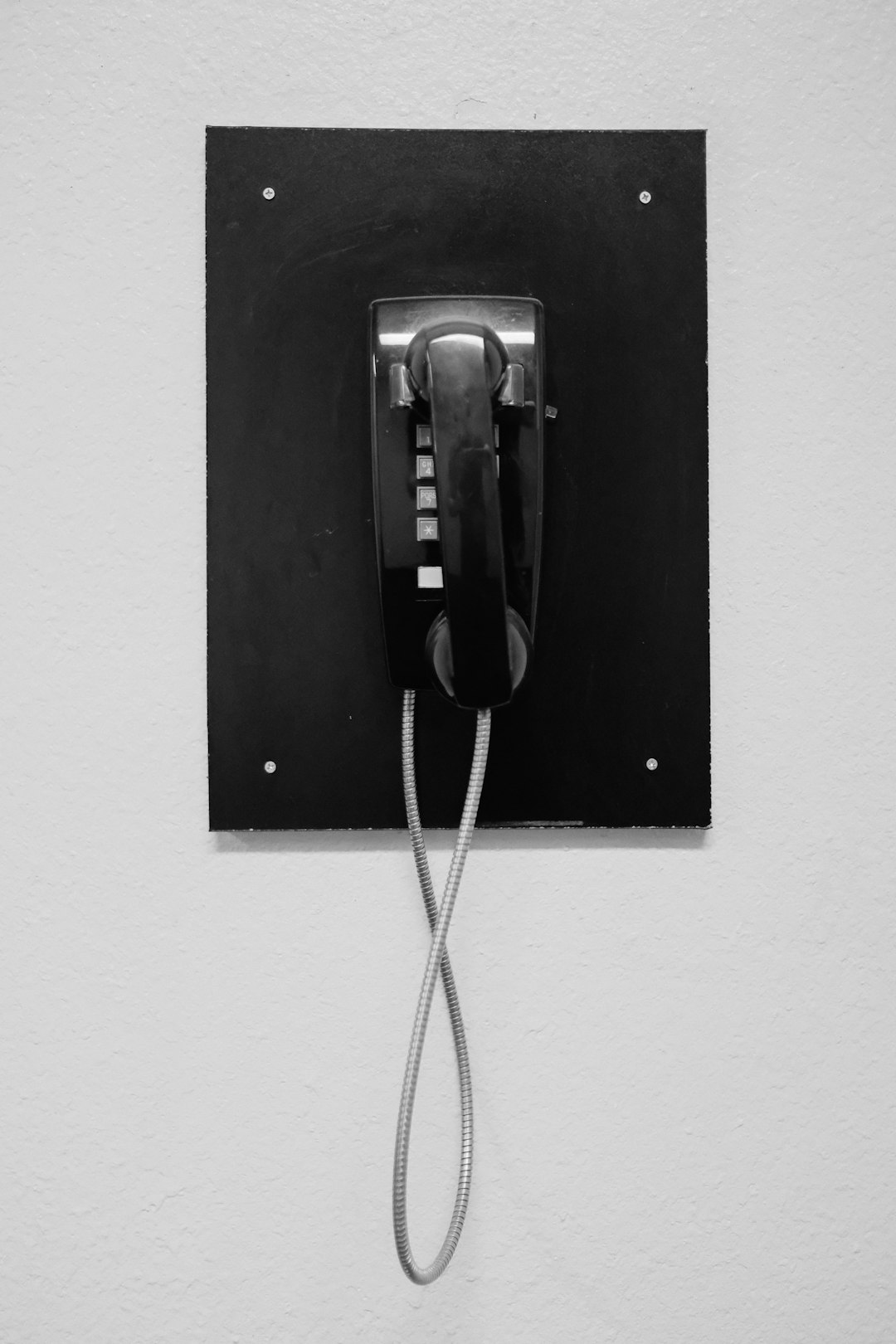The Telemarketing and Consumer Protection Act (TCPA) in West Virginia protects residents from unwanted marketing calls, texts, and faxes by requiring explicit consent and respecting do-not-call requests. Violations carry substantial fines, and consumers can seek damages through lawsuits. Businesses must prioritize consumer privacy, obtain explicit consent, provide opt-out options, and stay current on legal interpretations to avoid penalties.
In Parkersburg, West Virginia, understanding and adhering to TCPA (Telemarketing Consumer Protection Act) regulations is paramount. This article delves into the intricacies of TCPA compliance in the region, focusing on consumer rights and protections against robocalls. We explore legal actions for non-compliance, providing insights for businesses aiming to stay afloat in a regulated landscape. By implementing best practices, Parkersburg residents and businesses can ensure they’re on solid ground in terms of TCPA West Virginia adherence.
Understanding TCPA Regulations in West Virginia

In West Virginia, the Telemarketing and Consumer Protection Act (TCPA) regulations are designed to protect consumers from deceptive or harassing telemarketing practices. The TCPA sets restrictions on how businesses can contact consumers by phone, fax, or text message, focusing on consent, do-not-call lists, and consumer privacy. Understanding these regulations is crucial for Parkersburg’s businesses to ensure compliance and avoid legal repercussions.
West Virginia’s implementation of the TCPA mirrors federal guidelines, with some state-specific additions. Businesses must obtain explicit consent from consumers before initiating any telemarketing calls or texts, and they are required to honor requests to be placed on a do-not-call list. Non-compliance can lead to significant fines, making it essential for Parkersburg’s consumer advocacy groups and businesses to stay informed about these regulations in the ever-evolving landscape of consumer protection laws.
Consumer Rights and Protections Against Robocalls

In West Virginia, consumer rights and protections against robocalls are enshrined in the Telemarketing and Consumer Protection Act (TCPA). This federal law gives residents significant tools to combat unwanted automated calls. Consumers can take action by registering their phone numbers on the National Do Not Call Registry, which helps prevent telemarketers from calling specific numbers. Additionally, West Virginia laws reinforce these rights, ensuring that residents are not disturbed by unsolicited calls after registering for the registry.
The TCPA allows consumers to file complaints against violators, who can be fined heavily. This legislation is designed to protect individuals from intrusive and unwanted robocalls, providing a sense of peace and control over their communication preferences. By understanding their rights under the TCPA, West Virginia residents can actively participate in maintaining a compliant and peaceful telecommunications environment.
Navigating Legal Actions for Non-Compliance

In West Virginia, navigating legal actions for non-compliance with the TCPA (Telecommunications Consumer Protection Act) can be a complex process. When businesses or individuals violate consumer privacy rights protected under this federal law, affected parties have legal recourse to seek justice and redress. Consumers who believe they’ve been harmed by unsolicited calls, texts, or other forms of communication in violation of TCPA regulations can file lawsuits, often seeking damages for each instance of non-compliance.
Legal actions under the TCPA can result in significant financial penalties for violators. These penalties can include not only compensation to affected consumers but also attorney fees and court costs. Businesses that fail to comply with TCPA guidelines face the risk of being held liable for treble damages, meaning three times the actual harm suffered by consumers. Such stringent penalties serve as a strong deterrent against non-compliance, underscoring the importance of adhering to consumer protection laws in the telecommunications sector.
Best Practices for Businesses to Ensure Compliance

To ensure compliance with the TCPA in West Virginia, businesses should adopt best practices that prioritize consumer privacy and protection. This includes implementing robust data security measures to safeguard customer information from unauthorized access or breaches. Moreover, companies must obtain explicit consent from individuals before initiating any automated phone calls or text messages, clearly communicating the purpose and opt-out options.
Regular training for employees involved in marketing and sales activities is essential to ensure they understand TCPA regulations and ethical practices. Keeping detailed records of customer preferences, consent choices, and interaction histories can help businesses stay compliant and avoid costly penalties. Additionally, staying updated on legal interpretations and amendments related to the TCPA will enable companies to adapt their strategies accordingly.






